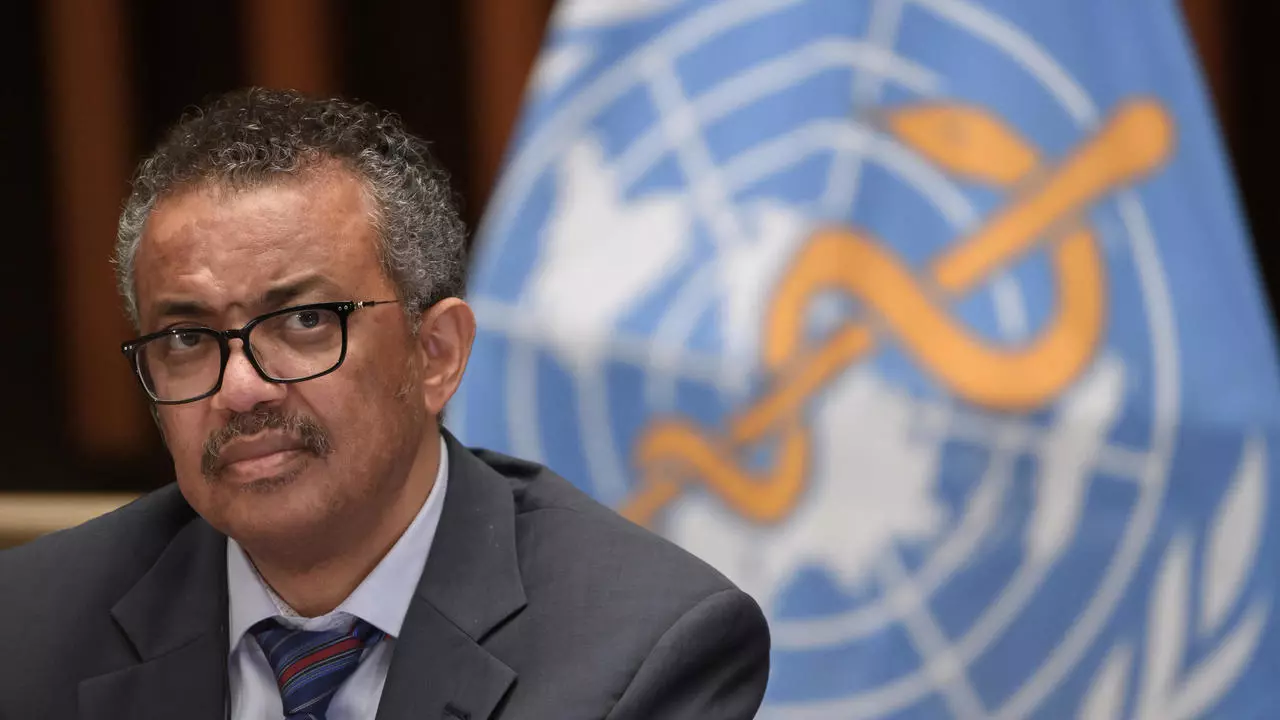
Vaccinating the planet will take time, says WHO chief
It will take time to vaccinate the world against the novel coronavirus, the World Health Organization (WHO) cautioned on Wednesday, urging people to adhere to tried-and-tested measures that keep them safe against the global pandemic, Anadolu Agency reports.
WHO Director-General Dr. Tedros Adhanom Ghebreyesus released a video statement the day ahead of the first anniversary since the first cluster of cases was reported of the "pneumonia of unknown cause," later identified as a new coronavirus, SARS-CoV-2, that led to the COVID-19 pandemic.
On Dec. 31 last year, there were no known cases outside of China of what has is now called COVID-19.
But today, there are more than 82 million confirmed cases, and almost 1.8 million confirmed global deaths, according to the Johns Hopkins University of Medicine in the US.
"Vaccines offer great hope to turn the tide of the pandemic," said the WHO chief, reiterating that "there is light at the end of the tunnel."
To protect everyone, the world must ensure that all people at risk are vaccinated everywhere, not just those in countries that can afford immunization.
"It will take time to vaccinate everyone against COVID-19. We must keep adhering to tried-and-tested measures that keep each and all of us safe," said Tedros, repeating his message without setting any projections on when the whole world might receive the jab.
"This means maintaining physical distance, wearing face masks, practicing hand, and respiratory hygiene."
Countries such as the UK, US, EU nations, Canada, Chile, Israel, Oman, Qatar and Russia have already begun vaccinating.
In some European countries, as well as the UK and US, there are reports that vaccinations are going slower than expected.
The WHO chief stressed that to immunize everyone at risk, just over $4 billion were urgently needed for the COVAX Facility, a global initiative that brings together governments and manufacturers, to "buy vaccines for low and lower-middle-income countries."
He also said the events of 2020 had shown that governments must increase investment in public health.
That includes funding access to COVID-19 vaccines for all people and making health systems better-prepared to prevent and respond to the next inevitable pandemic.
"At the heart of this is investing in universal health coverage to make health for all a reality," he said.





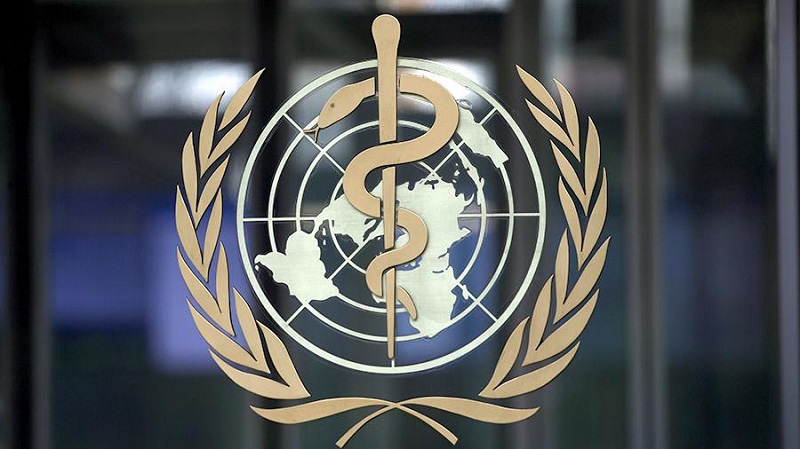
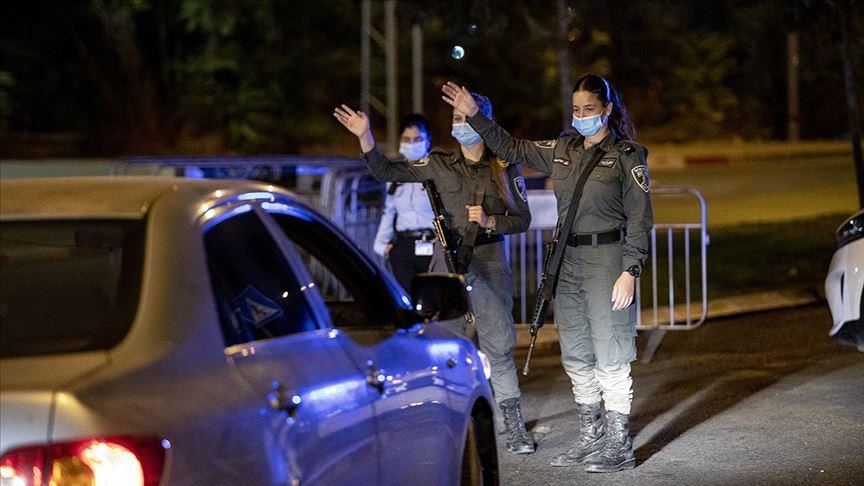
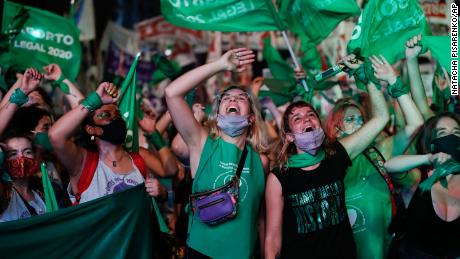
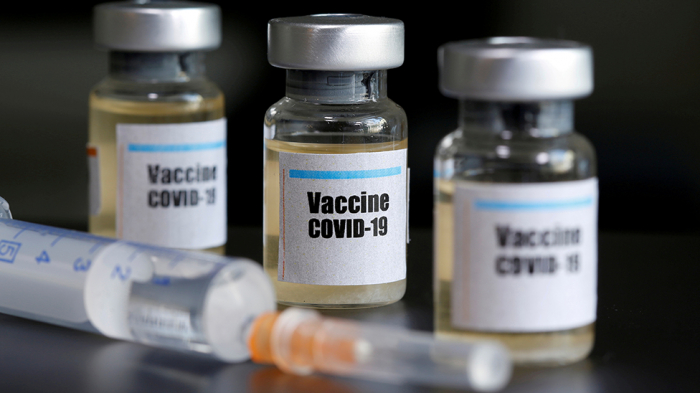

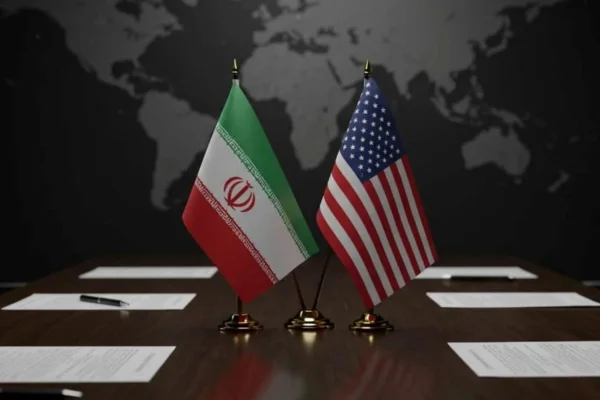

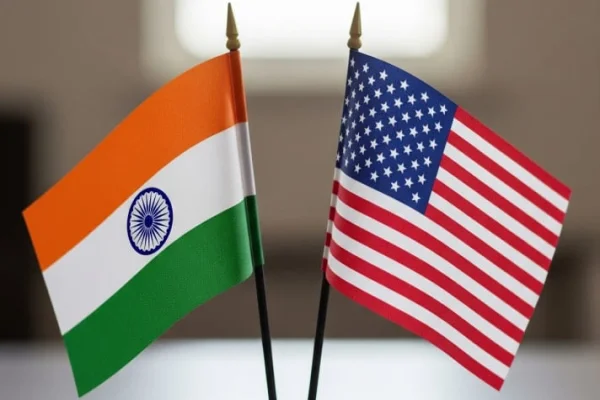
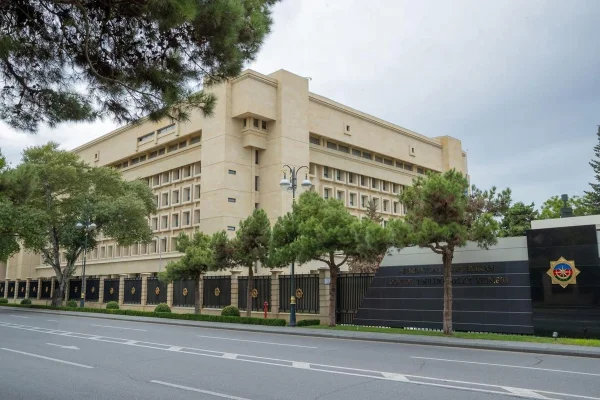





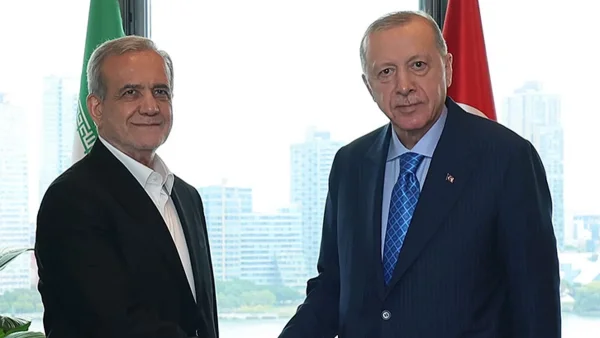
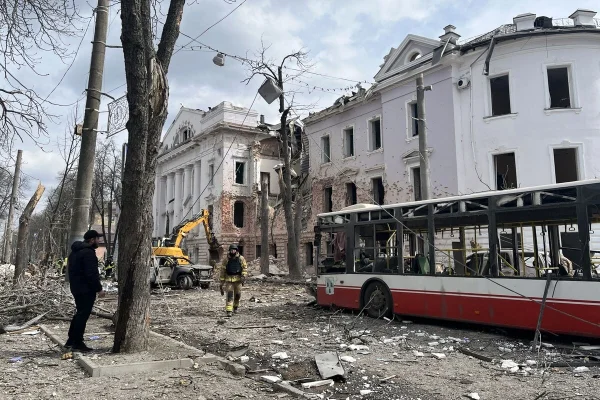
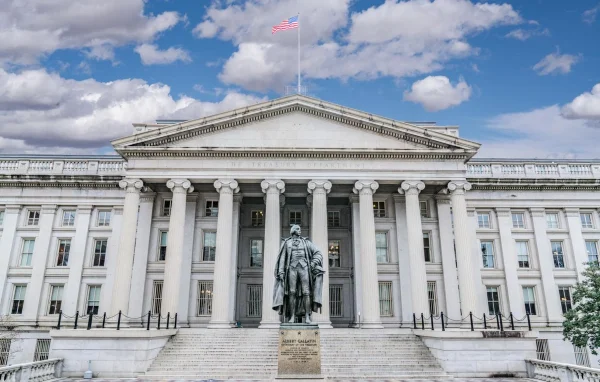
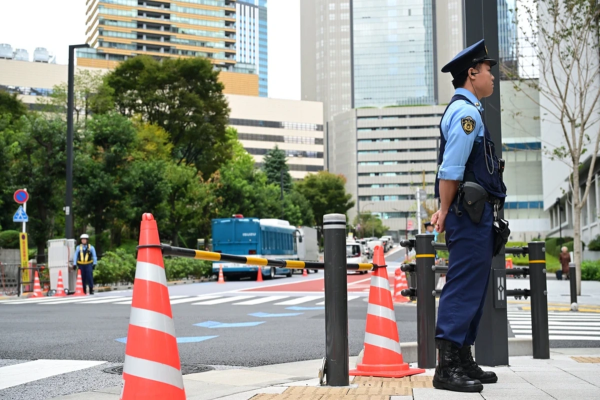
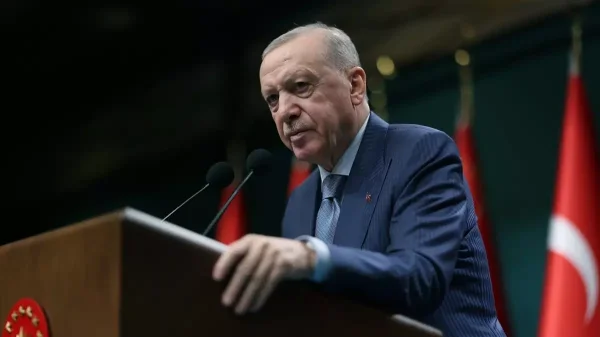
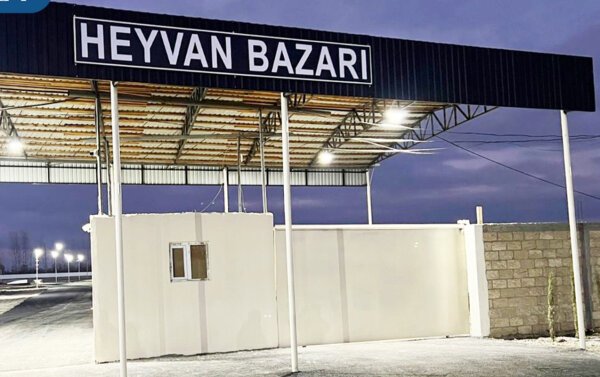




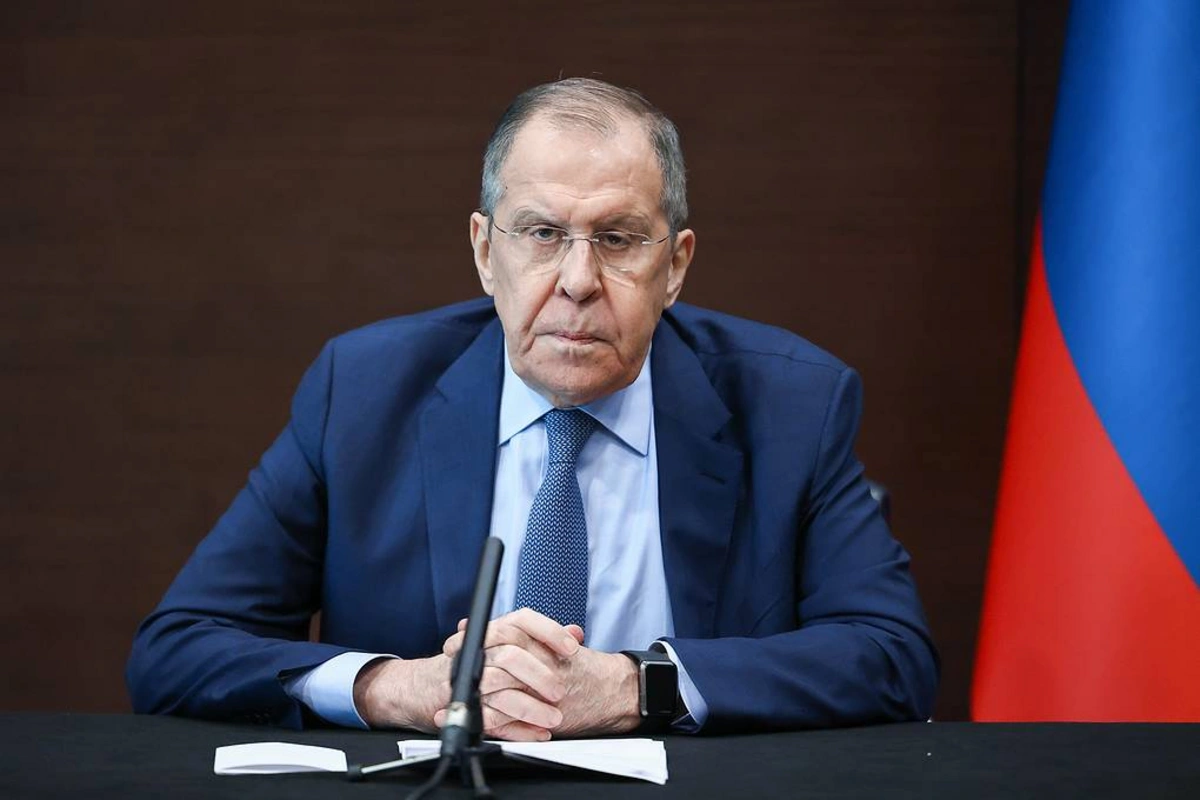




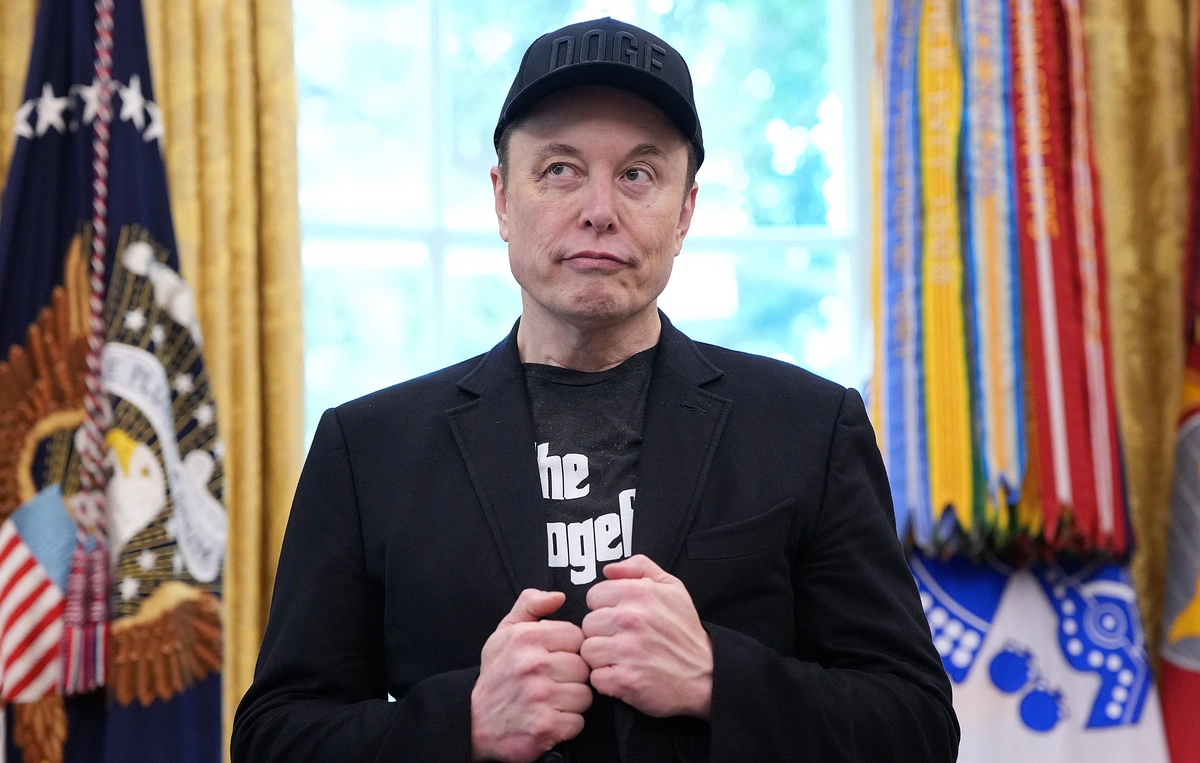
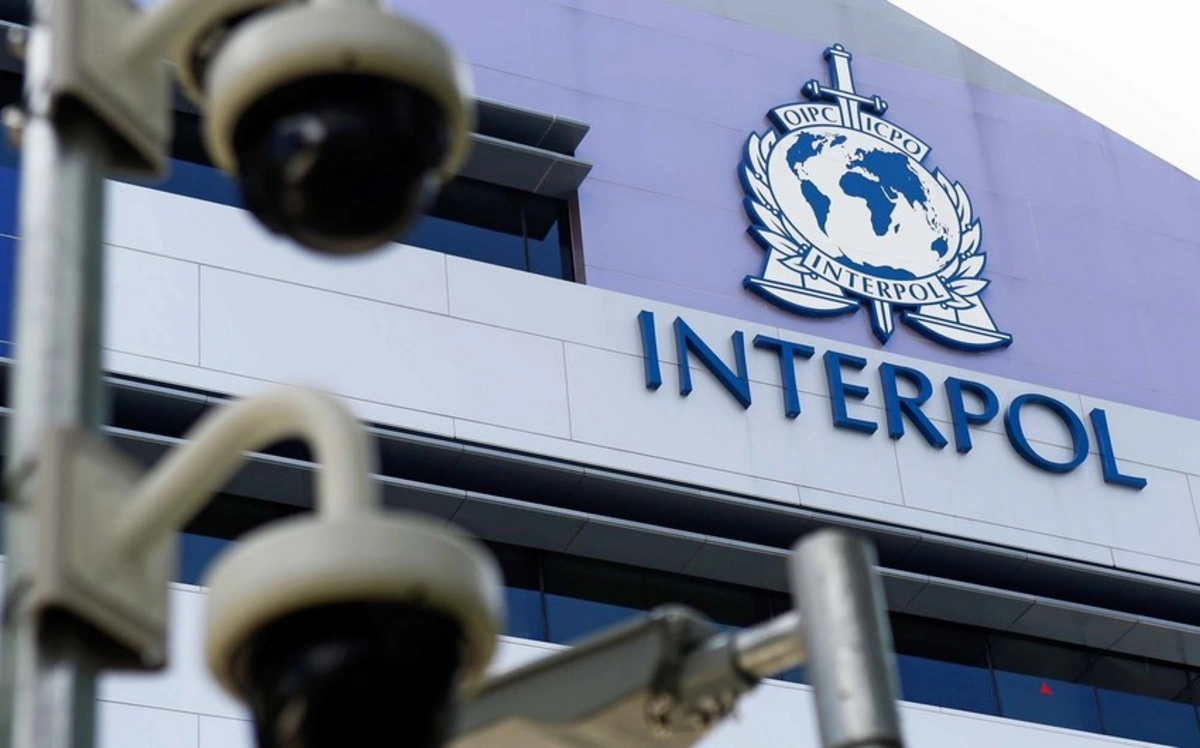
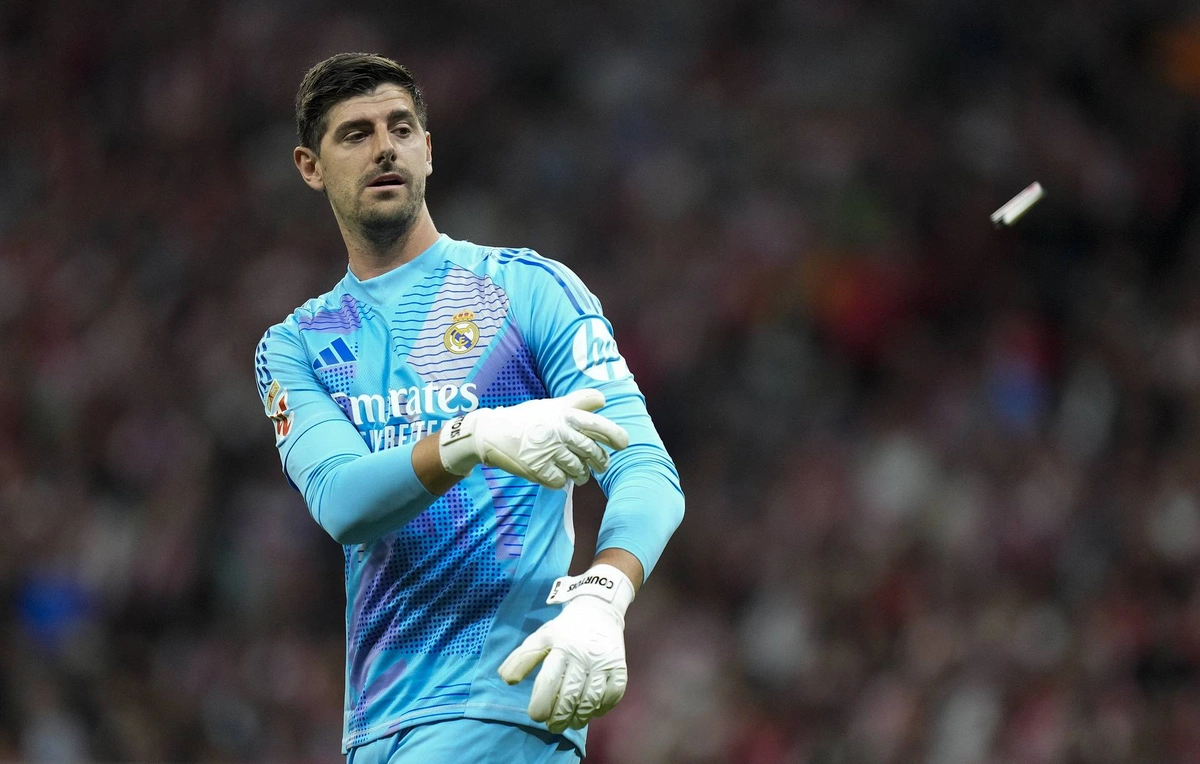
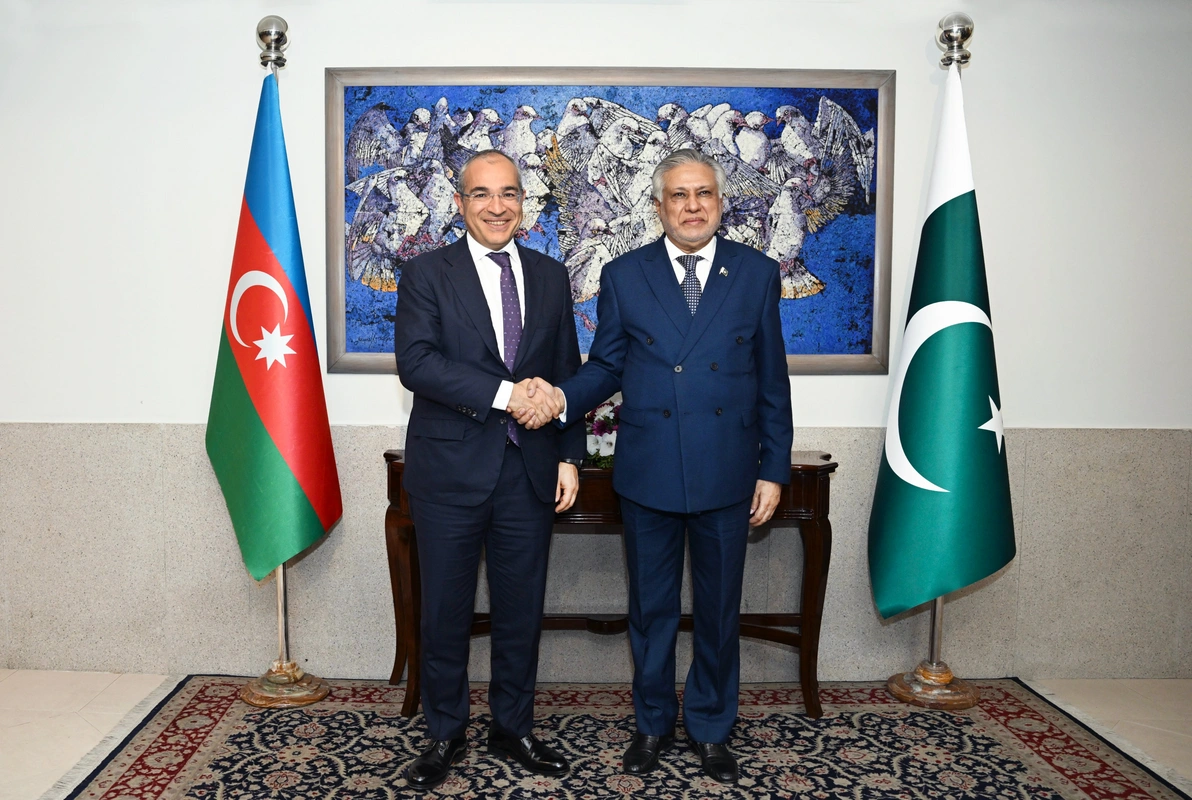






Şərhlər